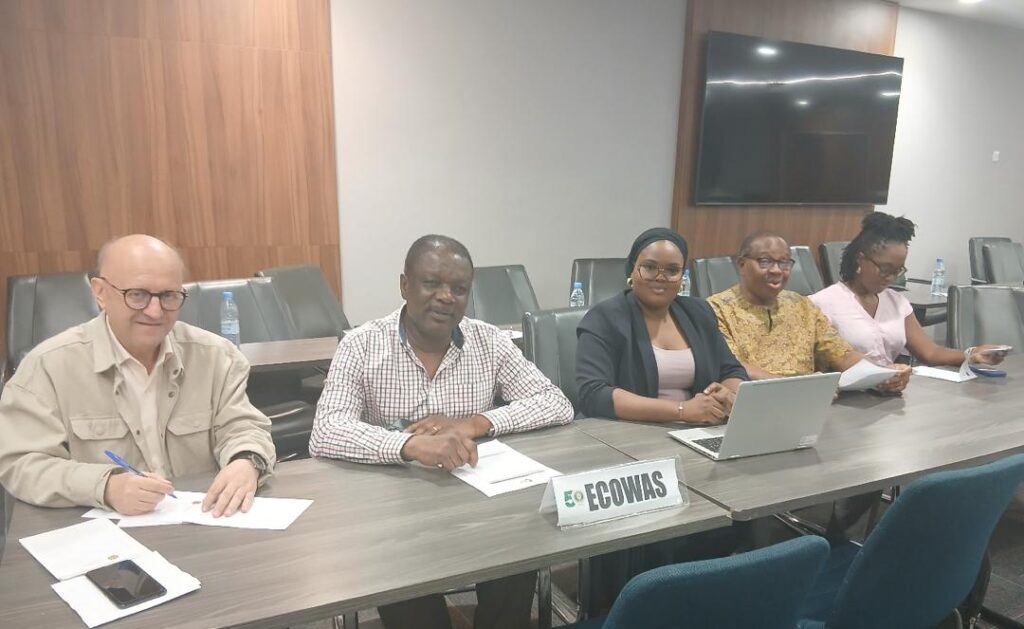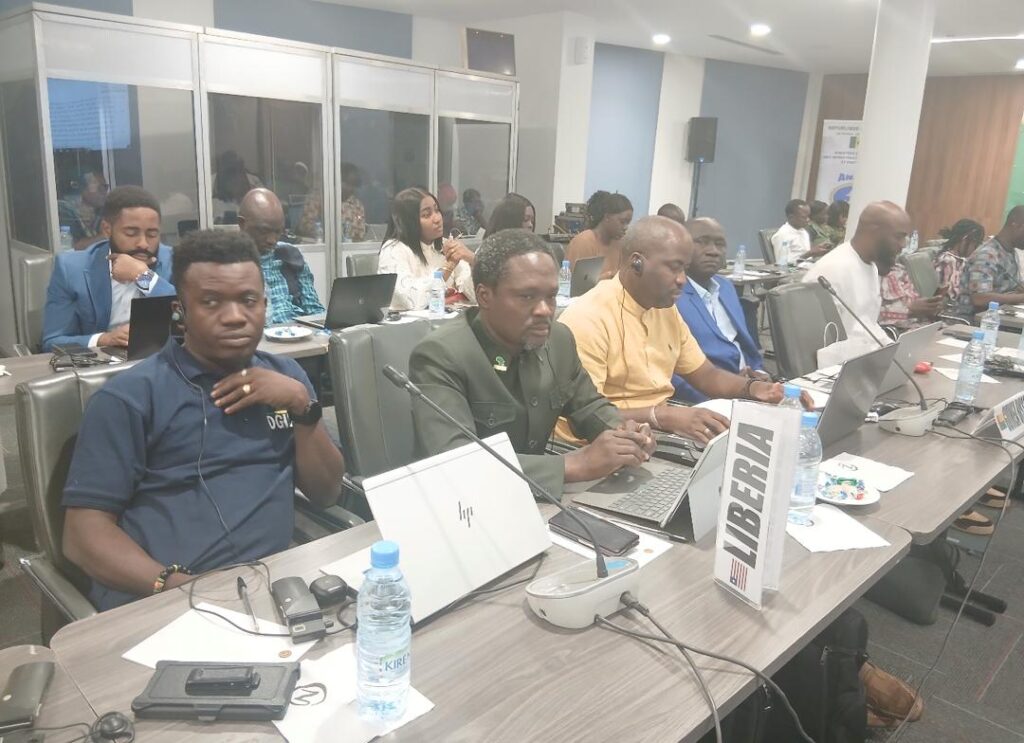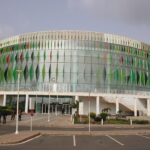ECOWAS Urged to Speed Up Praia-Dakar Maritime Link Completion to Boost Regional Trade, Integration.
By Raymond Enoch
The Economic Community of West African States (ECOWAS) has received a strong call to accelerate the implementation of the much-anticipated Praia-Dakar maritime link project. This appeal follows the successful conclusion of a high-level workshop held in Dakar, Senegal, on Wednesday, July 2, 2025, focused on evaluating and validating financial strategies for the regional transport initiative.

The Praia-Dakar maritime link—part of the broader Praia-Dakar-Abidjan multimodal corridor—is a strategic component in ECOWAS’ vision to enhance regional integration, improve trade flows, and ensure the seamless movement of people and goods across member states. The latest workshop has produced a series of decisive resolutions aimed at fast-tracking the project’s launch and ensuring long-term sustainability.
At the heart of the workshop’s recommendations is a call for the ECOWAS Commission to swiftly develop and implement a regional cabotage framework. This framework will lay the foundation for a robust intra-regional shipping regime, facilitating efficient and cost-effective maritime transport services.
To establish a conducive operational environment, the Commission is urged to complete all technical, infrastructural, and administrative preconditions necessary for launching the maritime services. The study on the Praia-Dakar maritime link, currently underway, must be completed on schedule with enhanced oversight and follow-up with consultants.

A landmark recommendation includes the creation of a regional shipping register for vessels flying the West African flag. This move, paired with harmonized operational standards and guidelines, is expected to ensure streamlined operations for maritime operators in the region.
Further, the workshop emphasized the importance of regional ownership and participation in the project. The ECOWAS Commission has been tasked with ensuring that procurement mechanisms favor regional investors and citizens, thereby fostering local economic empowerment.
Member states, particularly Liberia and Guinea-Bissau, were specifically urged to expedite the ratification of the Corridor Treaty, which serves as the legal backbone for financing and operating the maritime link. A proposed Corridor Management Authority will oversee the governance and implementation of the project, ensuring accountability and efficiency.
Additionally, ECOWAS member states are to support the establishment of a Working Group of Maritime Experts, whose role will be critical in driving the technical and operational aspects of the initiative. States will also provide data on existing maritime transport models to enrich the consultants’ final report.
The consultants leading the Praia-Dakar study have been tasked with incorporating feedback from ECOWAS, member states, and development partners. Their final submission must reflect realistic cost estimates, optimized for a favorable financial return. They are also expected to adjust the economic analyses to align with specific local market conditions and clearly outline port infrastructure needs per country.
To avoid bureaucratic delays, participants recommended that the consultants propose an innovative and expedited tendering process, breaking away from traditionally time-consuming models.
Mamoudou Alassane Camara, Chairman of the Committee of Experts from the Member States, lauded the strategic clarity and depth of the workshop’s outcomes. “The resolutions reflect a shared commitment to make the maritime link not just viable, but transformative,” he noted.
Echoing this sentiment, Becaye Diop, Director General of the Senegalese Maritime Affairs Agency, called for the urgent completion of the Praia-Dakar maritime link, stressing its role in regional economic resilience and cross-border integration.
The Praia-Dakar maritime link is more than a transport project; it is a linchpin in ECOWAS’s broader integration blueprint. As part of the Praia-Dakar-Abidjan multimodal corridor, it complements road and rail links that collectively aim to strengthen trade cooperation, economic growth, and social cohesion across the subregion.
Once operational, the maritime corridor will serve as a vital artery connecting coastal cities, reducing transport costs, boosting intra-regional commerce, and significantly enhancing mobility across West Africa’s Atlantic coast.
The validation of the Phase 3 financial and implementation reports marks a decisive turning point. What lies ahead is the challenge—and opportunity—of turning these resolutions into action. ECOWAS, its member states, and regional stakeholders now stand at a defining moment to reshape West African maritime logistics for generations to come.








